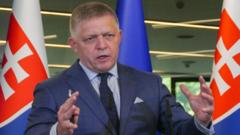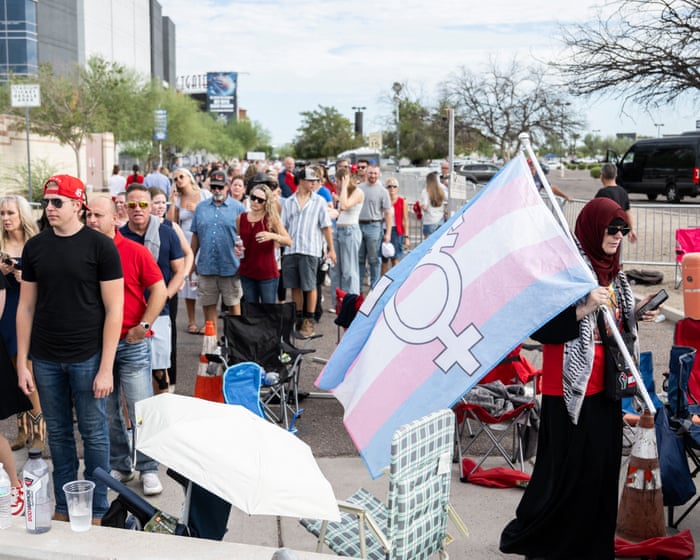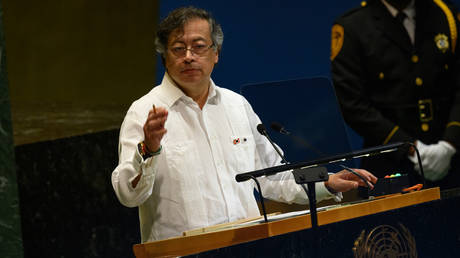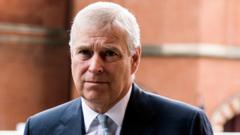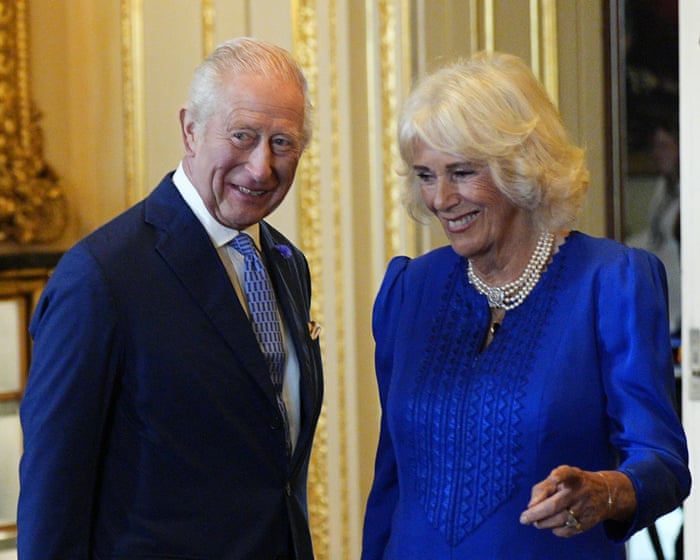Slovak constitutional change promotes anti-LGBTQ ‘national identity’
NegativeWorld Affairs
A recent constitutional amendment in Slovakia has sparked controversy by declaring that only male and female genders will be recognized, effectively marginalizing the LGBTQ community. This change is significant as it reflects a growing trend in some countries to promote a narrow definition of national identity at the expense of individual rights and freedoms, raising concerns about discrimination and social division.
— Curated by the World Pulse Now AI Editorial System
